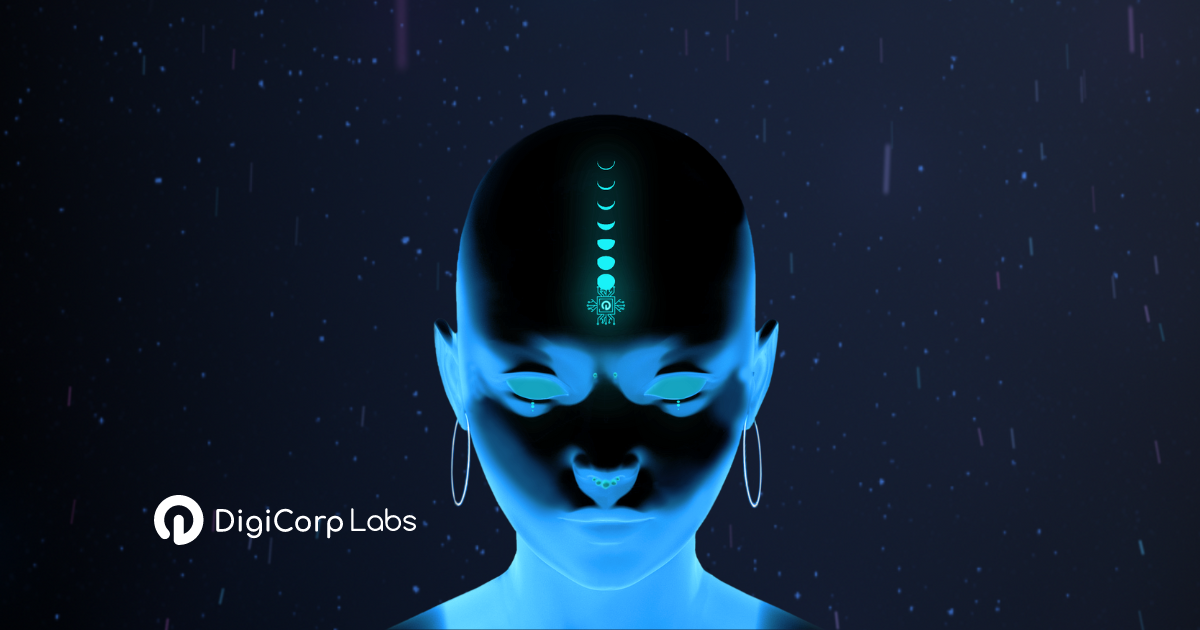
In today's rapidly evolving digital landscape, staying ahead of the curve isn’t just advantageous – it's imperative. As businesses strive to adapt to shifting paradigms and emerging technologies, blockchain technology stands out as a beacon of promise.
In this thought piece, Jozua van der Deijl, CEO of DigiCorp Labs, discusses the transformative potential of blockchain and why it should become a cornerstone of every forward-thinking business strategy.
DigiCorp Labs is a pioneering Dutch startup committed to crafting a Web3-optimized ecosystem. Under van der Deijl’s leadership, DigiCorp focuses on delivering decentralized technologies that prioritize privacy, security, and trust for both businesses and consumers. This piece will demystify blockchain, explore its origins, and provide insights to help businesses decide whether investing in blockchain is the right step forward.
Today, blockchain technology has captivated diverse sectors, fully transcending its initial association with cryptocurrencies like Bitcoin. At its core, blockchain is a secure, decentralized way to record activities – a distributed database that organizes transaction records into blocks, links each to the previous one and validates them using a network of nodes. After validation, data becomes immutable and impervious to fraud or tampering.
Blockchain was born in the early 1990s, when researchers W. Scott Stornetta and Stuart Haber introduced the concept of timestamping digital documents. Their pioneering work laid the foundation for immutable data strings – but blockchain didn’t see significant advancements until almost a decade after the millennium.
In 2008, Satoshi Nakamoto published a whitepaper about the decentralized, peer-to-peer electronic cash system known as Bitcoin. This new currency introduced a revolutionary approach to double-spend protection through a decentralized network protocol, and marked a historic moment in the development of blockchain technology.
Since then, blockchain has undergone significant development, leading to what some refer to as different "iterations":
When Vitalik Buterin introduced Ethereum, the concept of smart contracts emerged with it – revolutionizing direct, intermediary-free exchanges of assets. Ethereum's transition from proof-of-work to proof-of-stake mining made it even more efficient and sustainable, marking a pivotal milestone in blockchain’s evolution.
Blockchain might have huge potential, but it presented challenges in scalability and security. Today, developers and various blockchain protocols are exploring ways to overcome these barriers and make solutions faster, more reliable and scalable – without compromising security.
Blockchain offers a reliable, robust and tamper-resistant framework for digital transactions. Through the use of smart contracts, it has the power to streamline business-to-business deals and interactions, minimize delays and enhance transparency.
Increasing corporate adoption is only propelling blockchain’s momentum. As large companies embrace this rapidly evolving technology, its power to revolutionize and transform multiple industries becomes clearer than ever.
Looking to the future
One of the most promising areas for blockchain development is cybersecurity, where its ability to prevent tampering and secure data make it a valuable tool for ensuring information’s authenticity and integrity. When integrated with AI, blockchain also has the potential to enhance the capabilities and applications of digital technologies – perhaps in ways we cannot yet comprehend.
If blockchain can drive tangible benefits and meaningful change across industries while integrating seamlessly into our daily lives, its future is a bright one. Time and again, blockchain-based companies are the ones continually driving innovation, challenging traditional business models and fostering transparent and efficient trade relationships. These forward-thinking ventures are expanding the boundaries of trade and paving the way for a future where transactions are more secure, transparent and efficient.
Strategic Benefits for Business Leaders
Blockchain technology is not just a tool for secure transactions; it's a catalyst for transformative change. By embracing blockchain, businesses can unlock new levels of data integrity, security, and compliance. The future of data management is about ensuring data's authenticity, integrity, and provenance—not just storing it.
Here at DigiCorp Labs—home of the patent-pending MDM SmartLayer—we're committed to helping businesses navigate this new landscape. With proof-of-concepts already launched in the Dutch domain, we're setting new standards of trust and accountability in the global marketplace. Our solutions establish data provenance and integrity, preparing organizations for an AI-driven future. By partnering with visionary companies and integrating proven technologies, we're not just preparing for the digital era—we're architecting its very foundation.
The strategic benefits for business leaders are clear:
The question is no longer if blockchain will impact your business, but when and how. As a leader, your challenge is to harness this potential to drive innovation, efficiency, and growth. Are you ready to lead your organization into the blockchain-enabled future?
Let's forge the future of digital technology together, one block at a time.